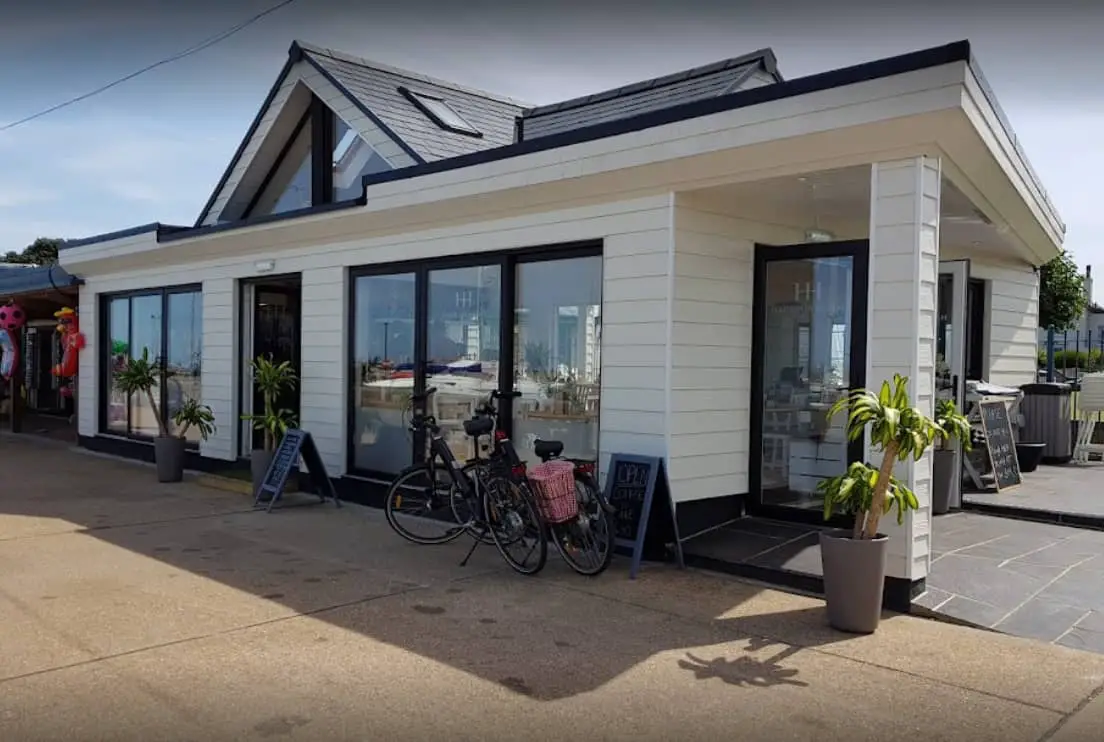A Ryde nightspot has lost its bid to stay open and play music later. It must now pay nearly £2,000 to the Isle of Wight council.
Harbour House, on Ryde Esplanade, faced magistrates on Thursday last week to appeal the council’s decision to refuse its application for a late-night licence.
Refused in March and then appealed
It was originally refused in March by the authority due to public noise nuisance concerns after more than 50 residents objected.
Appealing the decision to the Isle of Wight Magistrates Court, Karl Harding of Harbour House questioned whether the people who submitted objections were actually local and pointed to other events held along the Esplanade which he said caused anti-social behaviour and rubbish.
Harding: Unjust
Following one ‘disastrous’ event held at Harbour House in August last year — which resulted in a noise abatement warning notice from the council — Mr Harding said he felt it was very unjust for all the complaints to be put against him in February when they were not raised at the time.
Ethu Crorie, on behalf of the council, argued Mr Harding could have learnt from the failures of the past, putting on further special events to show they could abide by the licensing conditions.
IWC: Noise nuisance issues not taken seriously
Mr Crorie said Mr Harding had not taken the issue of noise nuisance seriously and no effort was made to look at the complaints or the effect loud music might have had on residents.
One objection said a neighbour phoned to ask them to turn it down, but was told they had a licence so there was nothing they could do about it.
Another said they had a lack of respect for neighbours.
Harding: No evidence
Mr Harding said there was no evidence to show that that had happened and denied ever telling a resident they should move if they did not like the noise.
He said he would not speak to residents in that way as they were potential customers so he would not want to damage his business.
IWC: Application should be dismissed
Mr Crorie said if the complaints had been made to a business that cared about their neighbourly relations they would have been investigated.
He said the application should be dismissed as someone with this attitude should not be allowed to have additional hours, seven days a week.
Harding: Not the case that he didn’t care
Mr Harding said it was frankly absurd and it was clearly not the case that he didn’t care.
The case against the application was being pinned on an event where mistakes were made but he had held events since, with loud music being played to 11pm as per his current licence, with no issues.
Dismissed by magistrates
Magistrates, however, decided to refuse the appeal, with chair Professor Carole Truman, saying, having heard all the evidence, including the public noise nuisance complaints, they believed the council’s decision was correct.
Council’s fees to be paid
Magistrates agreed Harbour House should pay the council’s legal costs, of £1,997.50, with Mr Crorie saying it was Mr Harding’s decision to bring forward the appeal, so the taxpayer should not have to pay.
This article is from the BBC’s LDRS (Local Democracy Reporter Service) scheme, which News OnTheWight is taking part in. Some alterations and additions may have been made by OnTheWight. Ed





